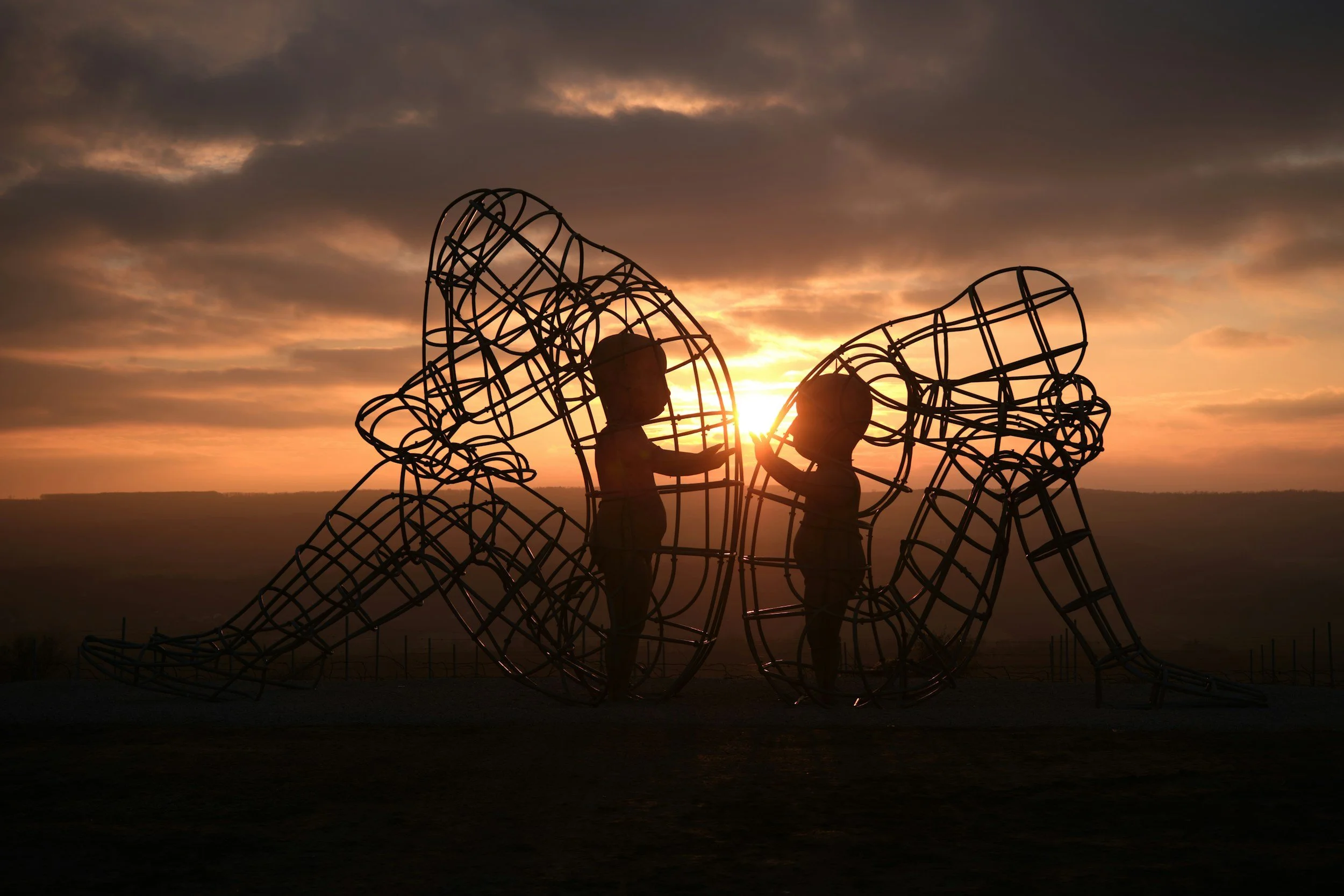Most Adults Are Children in Adult Bodies: Understanding Emotional Immaturity and the Adult Tantrum
by Dr. Denise Renye
One of the hardest truths to accept, especially for those of us working in the field of human development, is that most adults are not actually grown-ups. They may look the part, with mortgages, careers, and children of their own, but internally, many are operating from the same emotional age they were when they first learned that vulnerability wasn’t safe. And this can be true for people we interact with on the daily to, yes, even political “leaders.”
When emotional growth stalls early in life, we don’t stop feeling; we just stop knowing how to feel in a mature way. What emerges instead is the adult version of a childhood tantrum, less about screaming on the floor and more about defensiveness, stonewalling, passive-aggressive remarks, or withdrawal. These behaviors aren’t just unpleasant; they are evidence of emotional immaturity.
What Emotional Immaturity Looks Like
Emotional immaturity isn’t a lack of intelligence or education. It is a lack of emotional regulation, accountability, and relational depth. Emotionally immature adults often:
Blame others when they feel hurt or insecure
Avoid responsibility for their actions
Struggle to tolerate frustration or discomfort
React impulsively instead of reflecting
Need to be right rather than connected
Shut down or explode when things feel out of control
Underneath it all is fear: fear of shame, fear of being wrong, fear of being abandoned, or fear of feeling powerless. When these fears get activated, the adult body might look composed, but the emotional self inside is a child in survival mode.
What an Adult Tantrum Really Is
An adult tantrum can take many forms. It might look like:
The silent treatment. Withholding communication as a way to punish or control.
Emotional outbursts. Anger that feels disproportionate to the situation, fueled by deeper pain or unmet needs.
Justification spirals. Long explanations for bad behavior without genuine accountability.
Victimhood. Turning every conflict into proof of being mistreated rather than an opportunity for growth.
Unlike children, who are visibly dysregulated and often soothed with care and boundaries, adults with tantrums tend to justify or intellectualize them. They might say things like “I wouldn’t have reacted that way if you hadn’t,” missing the core truth that maturity is about self-regulation, not control over others.
Why So Many Adults Stay Emotionally Young
Most people never had emotionally mature models growing up. If your parents avoided feelings, lashed out, or made you responsible for their moods, you likely learned to protect yourself instead of express yourself. That protection…numbing, performing, pleasing, or controlling…becomes the emotional armor carried into adulthood.
We live in a culture that rewards productivity and performance over self-awareness. Few of us were ever taught how to name emotions, stay present through discomfort, or repair ruptures after conflict. Emotional immaturity, then, is not a moral failure; it is a developmental gap.
The Work of Growing Up
True adulthood isn’t about age; it is about integration. It means learning to recognize when your younger parts have taken the wheel and bringing them back into your awareness with compassion rather than shame.
Mature adulthood sounds like:
“I was wrong, and I want to make it right.”
“I need a moment to calm down before we continue.”
“I can see that my reaction came from fear.”
These are not small statements. They are markers of emotional growth.
The more we integrate the wounded inner child within us, the less we need to act out. We become able to respond rather than react, to repair rather than retreat, and to connect rather than control.
Most adults are children in adult bodies, not because they failed, but because they never had the guidance or safety to truly mature. Healing that gap is the work of becoming fully human. It is the process of learning to parent ourselves the way we always needed…to soothe, to listen, and to love ourselves into wholeness.
Only then can we stop living from the tantrums of the past and start relating from the groundedness of the present.
If you’d like to explore what helping your emotional self mature may be, look and feel like, reach out.

